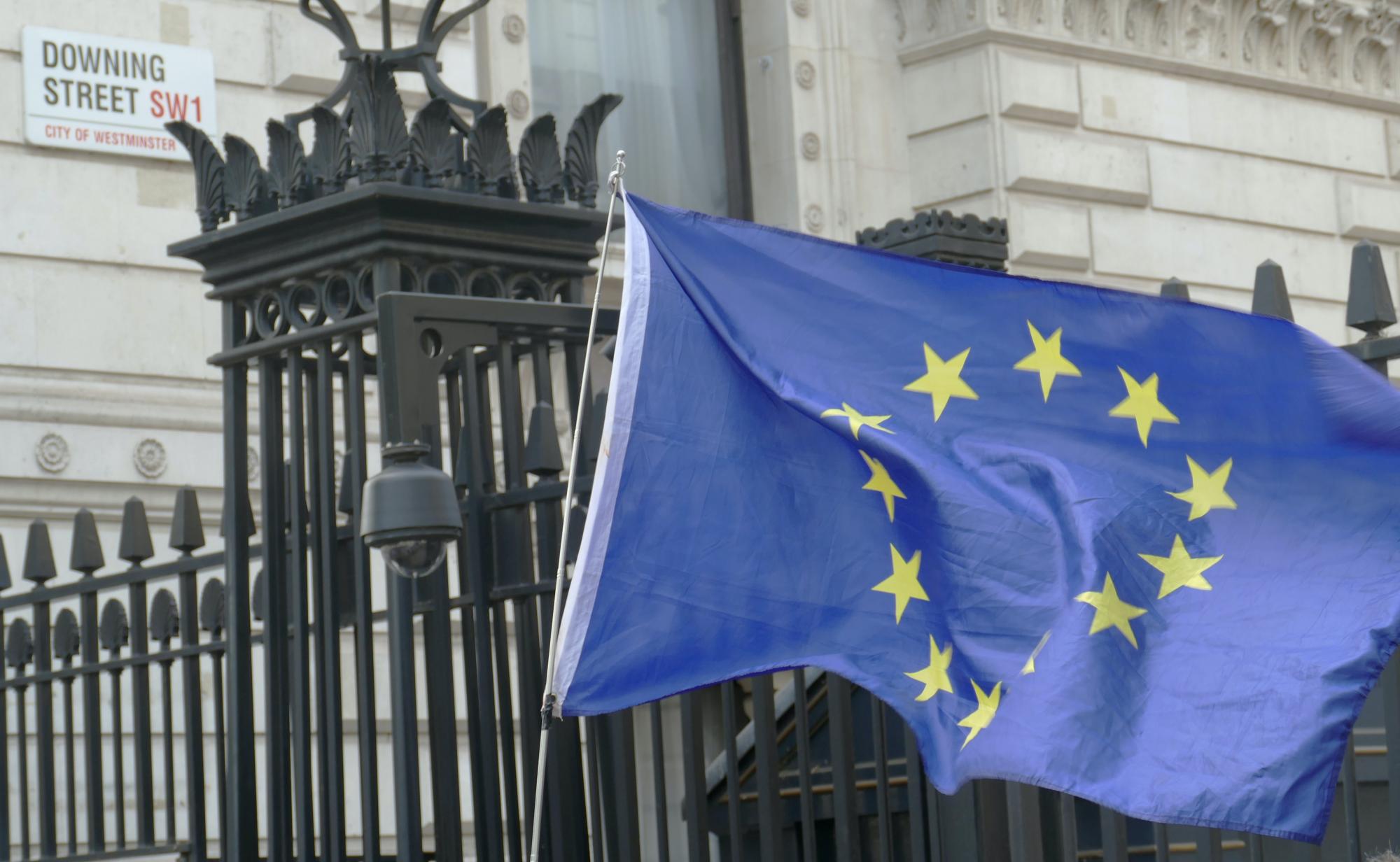Test- FTSE 100 Kicks Off August on a High as BP and Senior Lead Market Momentum
$11
10 Oct 2025, 13:13

Unsplash.com

According to a reputable research firm, Brexit has caused the UK economy to be 5.5% smaller than it would have been and adds to the pressure on public services, which is the cause of strikes affecting the railroads and National Health Service.
The Center for Economic Reform stated that slower growth is also putting pressure on the Treasury's revenue, and the tax rises mentioned in the autumn budget statement wouldn't be required if the UK was still a part of the EU's single market.
These findings are the most recent to draw attention to the costs of Brexit, which are impeding Prime Minister Rishi Sunak's efforts to revive the UK economy and prevent a downturn that might endure until the next election.
In spite of nurses, ambulance drivers, and railroad employees refusing to work in protest, Sunak remains committed to restricting wage increases for them.
Additionally, a slower-growing economy needs greater revenue to provide public services and benefits, according to John Springford, deputy director of the CER, who also stated in the report, "The Brexit hit has undoubtedly led to tax rises."
The Center for Economic Reform also mentioned that leaving the EU's single market would have lowered investment by 11% and goods trade by 7% in the second quarter of 2022. Because of this, Britain has lagged behind practically all other developed nations' economies since the pandemic's end.
He made these remarks in response to statements made by Michael Saunders, a former Bank of England policymaker, who claimed that with no Brexit, "we probably wouldn't be talking about an austerity budget — the necessity for tax increases and spending cuts would not be there."
Furthermore, in accordance with Springford's estimate, the UK economy should have risen by roughly £40 billion annually, reducing the need for the £46 billion in tax increases announced by Chancellor of the Exchequer Jeremy Hunt in mid-November.
Instead, according to official data revealed on Wednesday, government borrowing in November was more than three times higher than it was a year earlier and far higher than what economists had anticipated.
The first eight months of the fiscal year saw a shortfall of £105 billion, the fourth biggest amount ever recorded. For the entire calendar year, the Office for Budget Responsibility anticipates a total of £177 billion.
(Sources: bloomberg.com, reuters.com, bbcnews.co.uk)